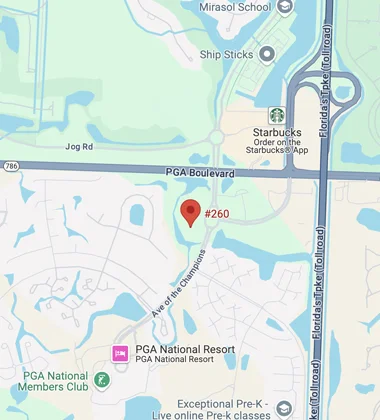Florida’s CHOICE Act and Non-Compete Agreements

Whether you are currently working for an employer and plan to sign a new employment contract soon, or you are searching for a new position, it is critical to understand how Florida’s Contracts Honoring Opportunity, Investment, Confidentiality, and Economic Growth (CHOICE) Act could impact you and your rights as an employee. The CHOICE Act pertains to restrictive covenants in Florida, and it essentially provides additional protections for Florida employers in addition to what already existed under Section 542.335 of the Florida Statutes. Florida is an employer-friendly state when it comes to non-compete agreements and other types of restrictive covenants, which can make it difficult for employees to change jobs and to find new ways to apply their skills in similar workplaces.
Our Palm Beach Gardens employment law attorneys want to provide you with more details about the CHOICE Act’s implications since this law recently took effect on July 3, 2025.
Non-Compete Agreements Can Impose Restrictions of Up to Four Years of Time on Employees
Non-compete agreements are essentially designed to prevent employees from taking information they have learned from one employer and using that information to move to a new position — these clauses are supposed to protect a business’s trade secrets and confidential business information. Under the CHOICE Act, non-compete agreements can restrict an employee for up to four years. In other words, if you sign a non-compete agreement in Florida after the effective date of the CHOICE Act, you can be prevented from working in a same or similar profession, in a nearby geographic area, for up to four years from the time your employment ends.
Burden of Proof on the Employee
The CHOICE Act also provides more protections for employers in relation to non-compete agreements and other restrictive covenants. Under the CHOICE Act, there is a presumption that any non-compete agreement (or garden leave provision) is reasonable and enforceable, which means that the employee will have the burden of proving that the agreement is unreasonable or in violation of public policy (which can be difficult to do).
Preliminary Injunctions for Employers
In addition, the CHOICE Act allows employers to obtain preliminary injunctions against former employees (or garden leave employees). Such injunctions can only be lifted if the employee can prove by the heightened evidentiary standard of clear and convincing evidence that the agreement should not be enforced.
Contact Our Palm Beach Gardens Employment and Non-Compete Agreement Lawyers Today
Non-compete agreements can have limiting effects on employees, and it is essential to seek legal advice whenever you are dealing with a non-compete agreement or another type of restrictive covenant. Whether you have questions about signing a new employment agreement with a non-compete provision now that the CHOICE Act has taken effect, or you have questions or concerns about the enforceability of an existing non-compete clause in your employment contract, one of the experienced Palm Beach Gardens employment law and non-compete agreement attorneys at Sconzo Law Office can assist you. Contact us today to have your questions answered and to find out more about your options as a job applicant or an employee under current Florida law.
Source:
flsenate.gov/Committees/billsummaries/2025/html/3554

